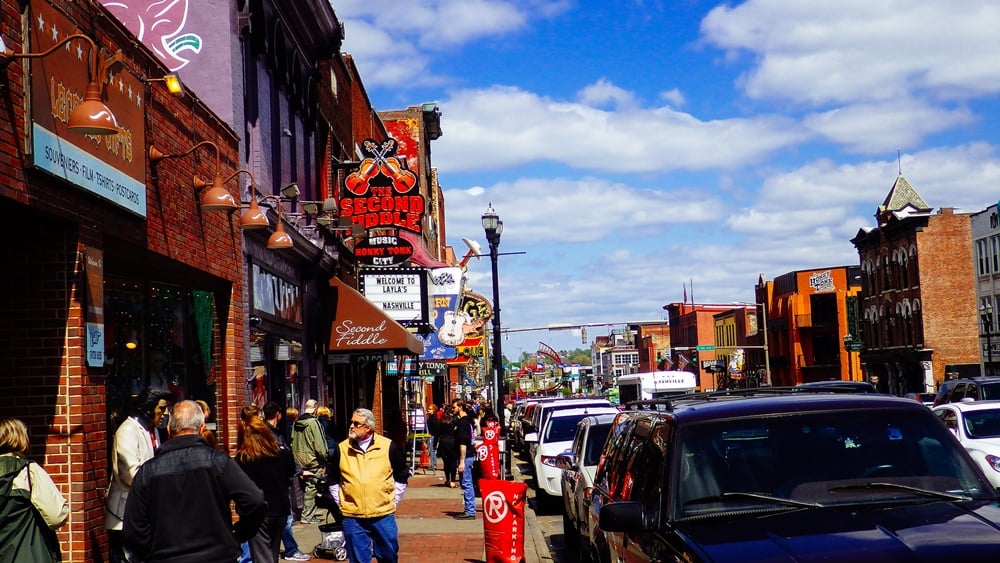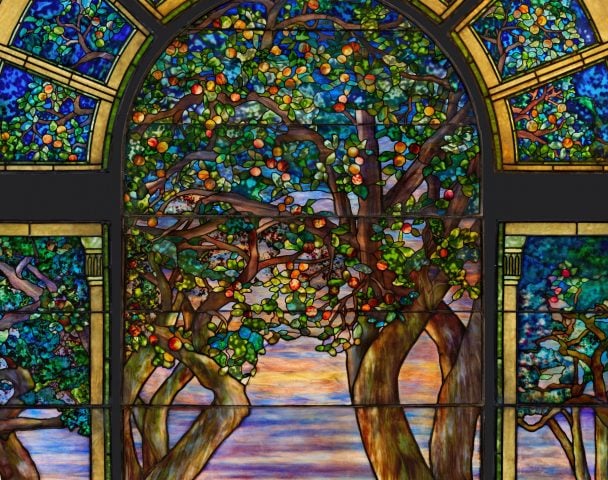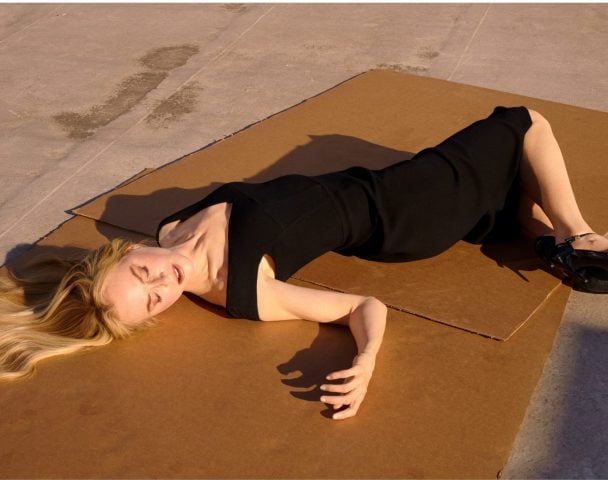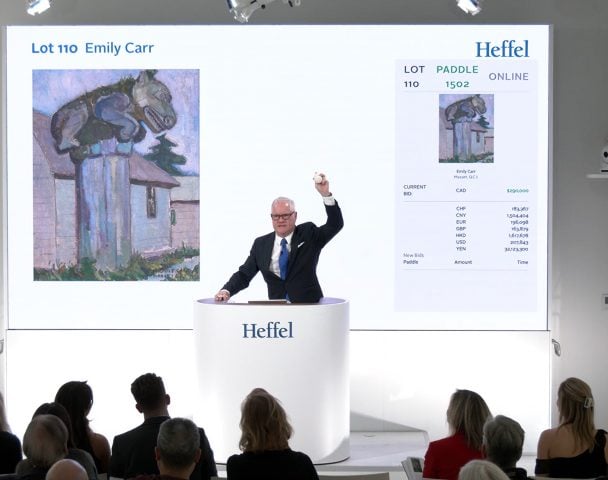More than a dozen art dealers who signed up for the debut edition of the Art Nashville fair are still awaiting the return of tens of thousands of dollars after fair organizers abruptly postponed the event. After initially delaying the fair to October 2019, one year after its planned launch, organizers have now pushed it back again, to May 2020. In the meantime, many exhibitors have largely lost faith and resigned themselves to losing money.
At a time when midsize and small galleries are working with thin profit margins, the prospect of breaking into a new market is particularly appealing. That’s why news that a new art fair was coming to Nashville—the country music capital of America, which recently ranked fourth on a list of the strongest urban economies in the US—was greeted with enthusiasm.
“At a time when cities like Miami and New York are saturated with fairs, Nashville seemed like a nice idea,” said New York dealer Howard Rehs, who served as president of the Fine Art Dealers Association for 12 years. “We heard it was an up-and-coming market.”
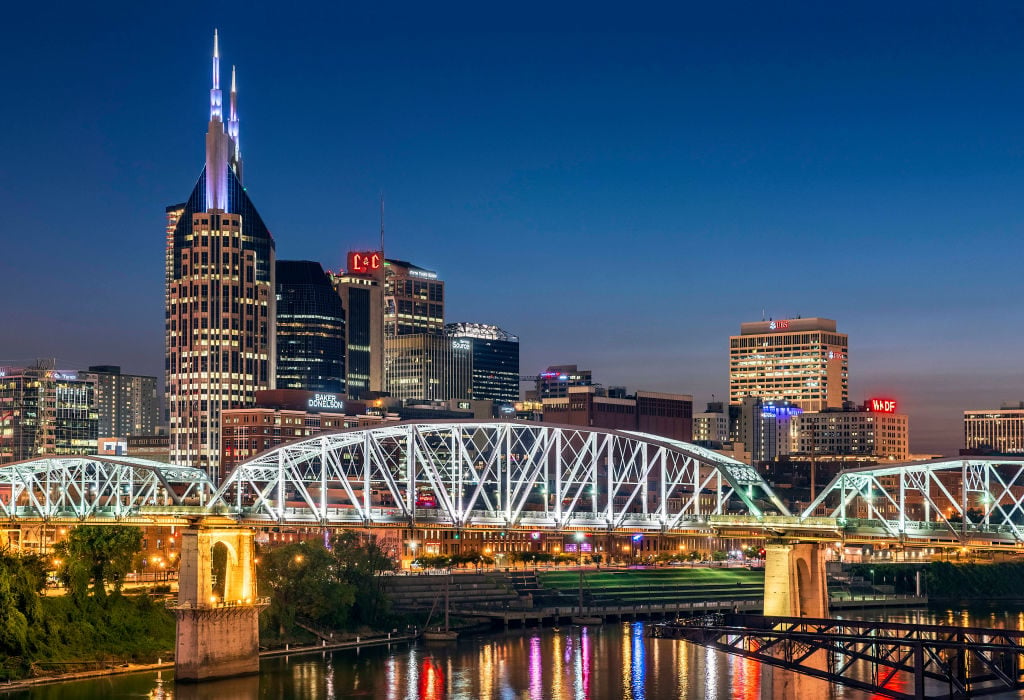
Pedestrian bridge over the Cumberland river and the lights of the Nashville city skyline at dusk. (Photo by John Greim/LightRocket via Getty Images)
But it didn’t take long for the sheen to wear off. We communicated with seven exhibitors who say they were informed of the one-year postponement in late August, roughly two months before the fair was scheduled to open—and are now out sums ranging from $2,000 to upwards of $15,000. In addition to participation fees, some have also lost money on nonrefundable airfare and hotel arrangements booked months in advance.
Dealers Buy the Pitch
At the center of Art Nashville is Matthew Eck, an artist, entrepreneur, and self-described “event producer” and “experience creator” who has previously launched several short-lived art fairs in New York and Miami.
“Nashville is totally a collaborative city and I’m looking forward to forging new relationships with local galleries, local officials, art enthusiasts, and local businesses,” he told artnet News when he first announced his plans in 2017.
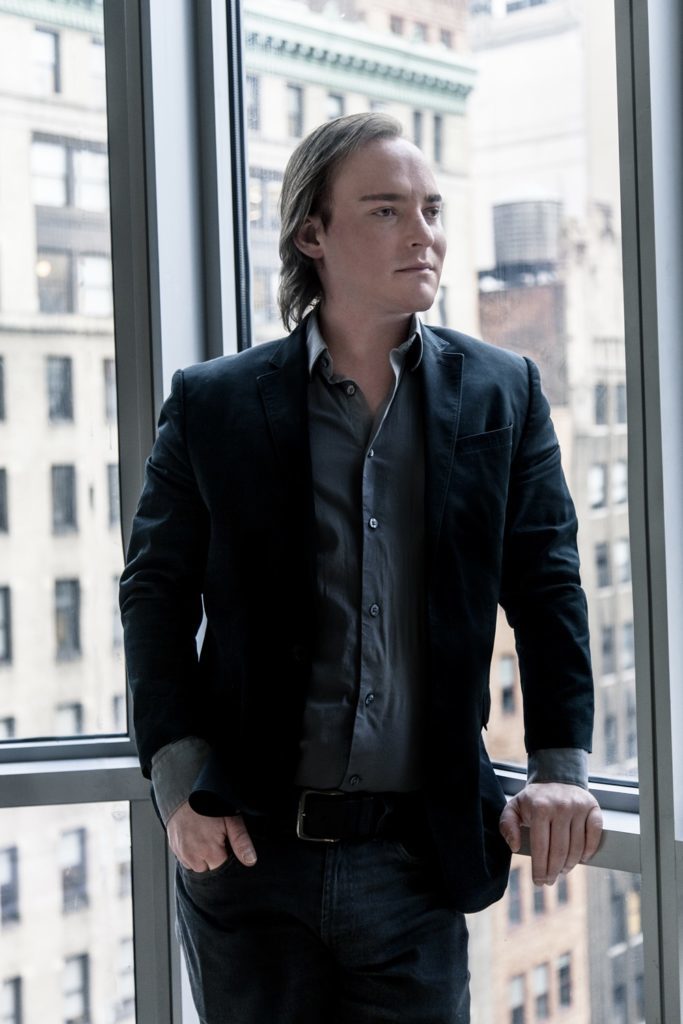
Portrait of Matthew Eck, courtesy of Art Nashville.
Eck’s savvy pitch resonated with dealers hungry for new markets. According to the Art Nashvillle website, along with a $100 application fee, dealers were charged “a $3,000 nonrefundable deposit” after they were accepted. The costs of a booth vary according to size.
To date, among the dealers who spoke to artnet News, only one who submitted partial payment via credit card has been able to obtain a refund by contacting his credit card company. Those we spoke to who paid via check, wire, or direct deposit said they had not been paid back. Rehs says he paid half the $7,500 total via credit card, which has now been refunded thanks to American Express. Of the remainder, he says: “I guess it’s lost at this point.”
Rehs, like others we spoke to, told artnet News that Eck and his colleague, senior producer and Eck’s self-described “mentor” Pierre Lamoureux, were initially responsive to the refund requests, but became increasingly elusive. “As with most of the dealers I know, there has been deafening silence from Matthew and Pierre for months now about making things right,” says Jane Eckert, owner of Eckert Fine Art, in Kent, Connecticut.
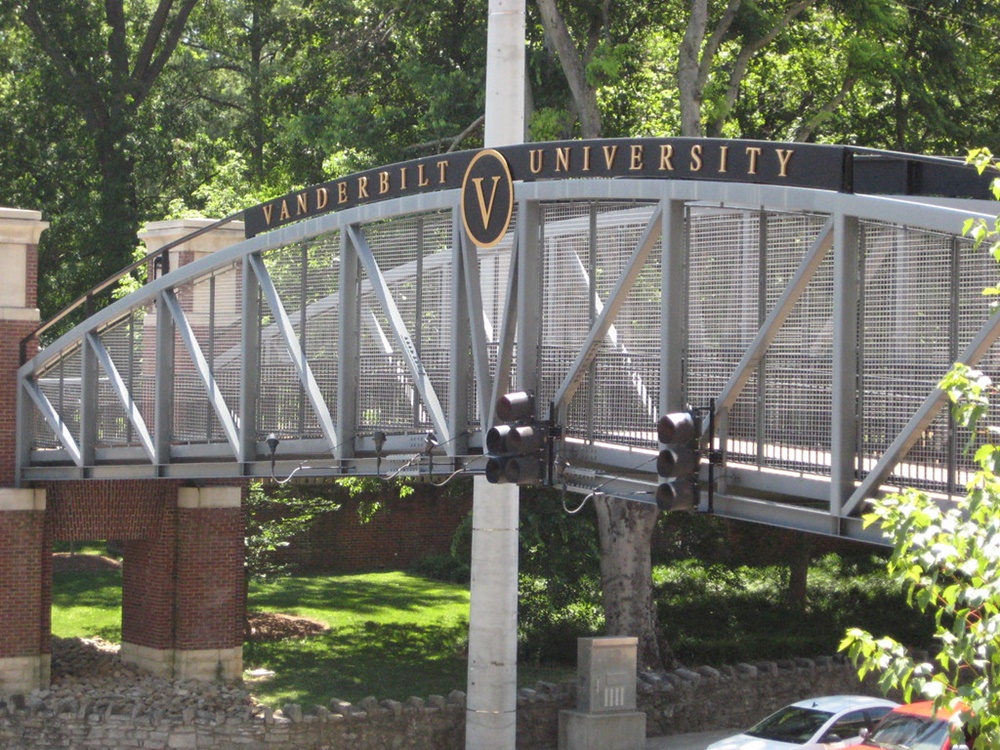
Vanderbilt University in Nashville is the proposed site of Art Nashville. Image courtesy of Kevin Oliver via Flickr.
In some email chains and text messages with exhibitors reviewed by artnet News, Eck began to respond aggressively to those asking for their money back. (Shortly after we contacted Eck for comment, dealers received an email apologizing for the lack of communication and stating that Eck was “staying focused on reimbursing the balance” of the refunds, but imparting no additional news.)
What Went Wrong?
In response to questions from artnet News, Eck said, “Everyone will get paid in time. I am doing my best to do so, the only way galleries will lose their money is through bankruptcy or character assassination, which is not the plan.”
In a follow-up phone call, Lamoureux told artnet News that refund terms were “confidential” and that the distinction between a direct refund and a credit card payment is irrelevant since they remain ultimately “on the hook” for the money. The organizers say that they have issued refunds of roughly $48,000—around 40 percent of the outstanding $120,000 owed. (Eck emphasized that Lamoureux “is not the business owner” and is in fact a friend and creditor of the fair, though some of the dealers we spoke to corresponded only with Lamoureux when inquiring about refunds.)
So, where did the money go? Organizers say deposits were spent on PR firms, freelancers, advertising, and travel to and from Nashville. Lamoureux insisted that the money was “not spent irresponsibly.”
The duo attributed the shortfall to the fact that an art-advisory deal with a major real estate company, developed alongside the fair, had fallen through. “We kind of banked on that,” Lamoureux conceded. He said they are now “pursuing a bunch of other projects” to generate new funds.
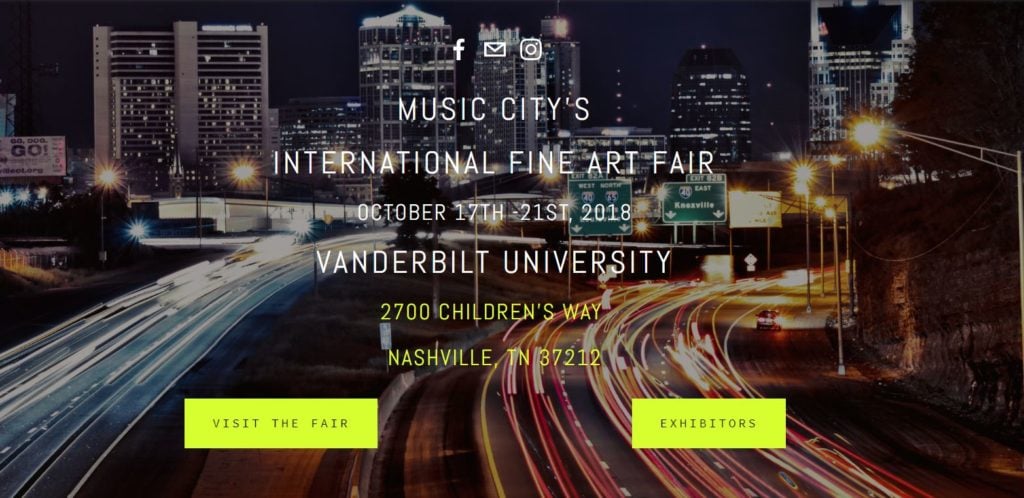
Screenshot of the now-removed landing page at Art Nashville’s website.
The Promise of a Deep Discount
In a letter announcing the initial postponement, Eck assured exhibitors that they would receive “a full refund.” He also offered them a special deal if they were willing to commit to the 2019 edition and carry over their deposit: an additional 100 square feet “at no additional cost,” a free economy plane ticket to Nashville, and a six-night stay at a four-star hotel during the fair. The package was worth an estimated $4,000, according to Eck.
Tokyo-based Koki Ishibashi, owner of Koki Arts, was not interested in taking the deal. Instead, he reached out to Eck repeatedly to claim his refund; their exchange eventually became heated. “Don’t message me on my personal [Facebook] page about this. I will block you,” Eck wrote, according to messages reviewed by artnet News. He added that he gave Ishibashi a “75 percent discount” and told the dealer: “If u keep asking you will go farther down the list.” Soon after, he blocked Ishibashi on Facebook.
We first spoke with Ishibashi and the six other dealers in early April. As of this week, each said they had still not received full repayment. As recently as last week, the Art Nashville website listed 21 exhibitor names for the 2019 edition.
In retrospect, several dealers who signed up say there were inconsistencies that they perhaps should have paid more attention to. One young dealer, who had not participated in a fair before and asked not to be identified, proactively reached out to Eck, who was “persistent” about getting the $3,000 deposit as soon as possible, according to the dealer. Meanwhile, Rehs says he dismissed it as an art-world quirk that Eck’s final invoice, a copy of which was reviewed by artnet News, included instructions to make checks out to him personally.
The Future of Art Nashville?
Between the time we reached out to Eck with initial questions and the time we spoke on the phone, the Art Nashville website has been reduced to a single page. The only thing that appears now is a picture of a work of art, an email sign-up, and a line that reads: “More information to come.” There is nothing to indicate that the fair has been pushed back a second time, to 2020.
Earlier last week, Lynn Smith, an events coordinator at Vanderbilt University, told artnet News the October 2019 fair was probably not going to happen, citing difficulties with building a tent on a recreational field in the middle of campus, particularly while school is in session. Later, he said that the university is “in discussions” with the fair’s organizers.
This is not the first time a fair started by Eck has experienced turbulence. An event he founded to coincide with Art Basel Miami Beach, X-Contemporary, went bust after a second edition in 2016, one year after Eck handed over control of the event to his former business partner Crystal Curtis. In late 2017, X-Contemporary made a voluntary Chapter 7 bankruptcy protection filing in the Southern District of New York, initiated by Curtis, who was listed as the “sole director.” Eck told artnet News he completely divested of the fair in January 2016.
For young dealers, being out thousands of dollars while trying to build a business is particularly challenging. One told artnet News: “It has obviously affected me financially. $3,000 is real money that could go to additional advertising or show production… Obviously, putting money out when you expect to make it back, or at least a portion of it, is always tough.”
Lamoureux points out that Eck could have opted for bankruptcy in this instance, but has not done so because he is committed to seeing the fair through. “It’s been very difficult to see what he’s been going through the last few months,” he said. “He’s a fighter and he will solve this.”
Other dealers remain skeptical. When informed of the latest May 2020 date, Rehs told artnet News: “It will be interesting to see if they can convince anyone to do the show. I might consider it, as long as I can pay them after it happens!”
